What stage is the Italian-French border committee of the Quirinale Treaty at?
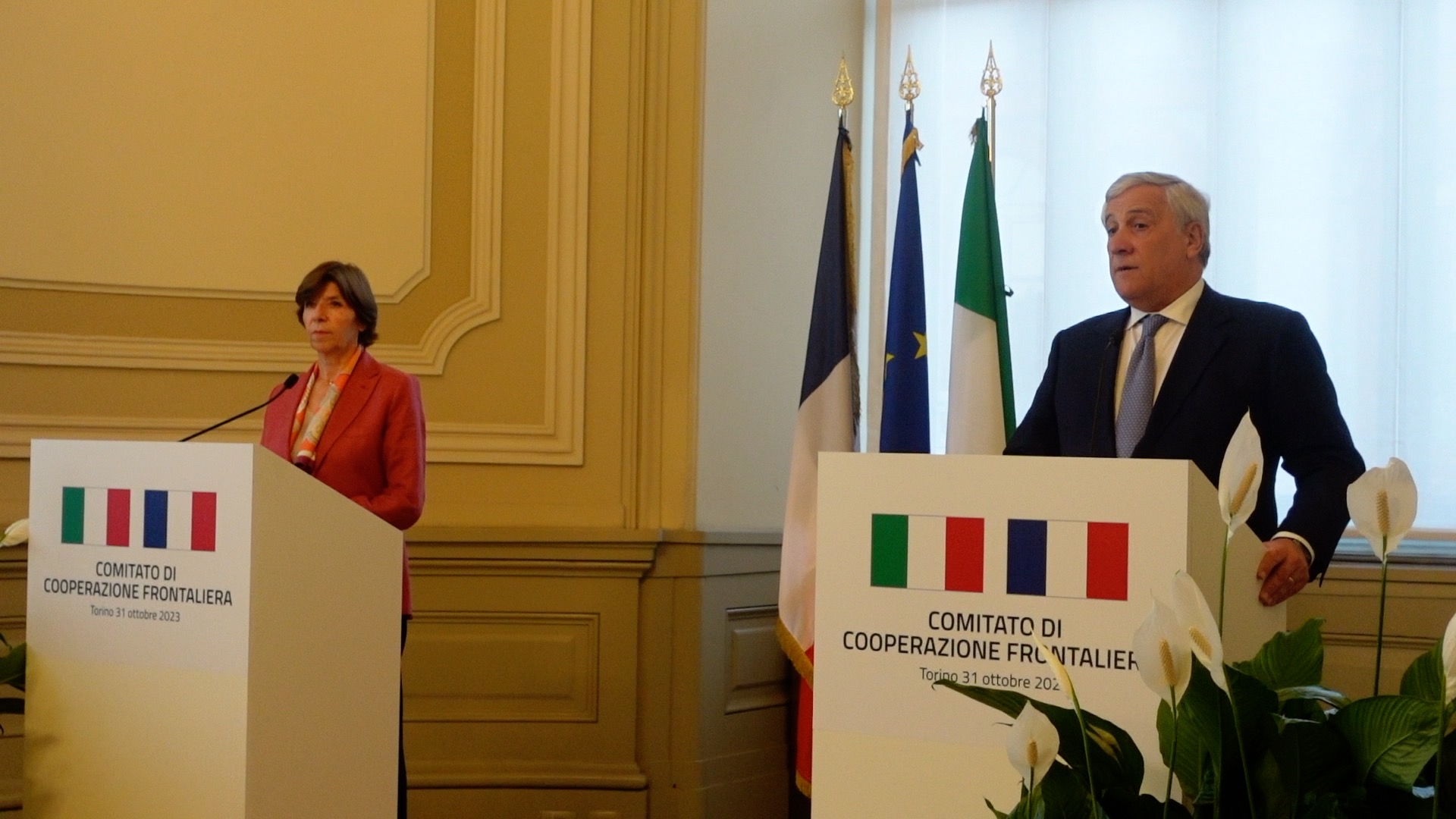
What the Italian Foreign Minister, Antonio Tajani, and his French counterpart Catherine Colonna said in Turin on the border committee envisaged by the Quirinale Treaty between Italy and France.
It took two years to give life to the Border Committee envisaged by the Quirinale Treaty between Italy and France, signed in Rome on 26 November 2021: the first meeting was held in Palazzo Carignano, in Turin, on 31 October 2023. It was of a meeting defined as "institutional", which translates as "prudent". The meeting time, 4pm, already indicated that it was just an opportunity to get to know each other and to get started. Even the choice of words (Committee "border" and not "cross-border") showed the slow pace.
The two Foreign Ministers, Antonio Tajani and Catherine Colonna, met bilaterally before the meeting and also spoke about the crises in Ukraine and the Middle East: with the result the proceedings were postponed well past 5pm. Tajani was on his way back from the alpine municipality of Cesana Torinese, where there was talk of Olympic facilities.
Among the approximately sixty participants in the Committee were the Regions: Valle d'Aosta, Piedmont, Liguria, Rhône-Alpes Auvergne and, considering the maritime border, also Tuscany, Sardinia and Corsica. There were several mayors on the list, from that of Imperia, Claudio Scajola, to that of Nice, Christian Estrosi, to Gianni Nuti for the city of Aosta to Thierry Repentin for Chambéry. There were operators in some areas of cooperation on which the Treaty's work program had outlined the topics, such as the EGTC of the European Alpi Marittime-Mercantour Park. The marked presence of officials from the ministries concerned the various cooperation topics envisaged by the Quirinale Treaty. For example, in healthcare, the collaboration between the hospitals of Briançon and Susa.
Furthermore, the Committee noted the need to improve cross-border cooperation between Universities, or that between Parks, for example on the maritime border at the Strait of Bonifacio: Corsica and Sardinia brought the topic to the meeting. On the list there were some Italian and French parliamentarians and representatives of various organizations, from Unioncamere, to the Industrial Union of Turin to the Italian company of the Mont Blanc tunnel.
The impression that we are in the first steps is tempered by the program for the next few weeks: working groups will be set up and there will be speakers to formulate proposals for solutions to the individual themes. In six months the Committee will meet again, this time in Paris, to measure the progress made.
The Border Committee is a new exercise for the central and regional administrations, accustomed to working separately: the Regions and Municipalities for 25 years with territorial cooperation financed by Interreg, the central administrations both with the intergovernmental commissions, from that of Mont Blanc to that of the Southern Alps, both with bilateral programs, such as for the ESABAC joint high school diploma. Being in the same work environment forces you to mix and act together.
Furthermore, the committee's method updates the classic approach that attributes the communication channel to state sovereignty alone: although the two countries belong to the European Union, the reflection of the central offices is often still "diplomatic". The idea is instead to trivialize and simplify communication: the important part of the committee is in fact in its mixed and flexible composition, both state, territorial and cross-border operators.
In the past two years, something has been done (summarized by a French government document), but with a prevalence of cooperation between central administrations. These are not great times for this type of work: state centralization is increasingly clear in Italy, and decentralization and regionalization are struggling to progress in France, although in some sectors they are even ahead of the Italian ones.
In Turin, however, there were general positions taken: on the most topical cases, much is still to be understood on the doubling of the Mont Blanc road tunnel, on the effective management of the works on the Tenda hill, or on the intervention times on the landslide in the Maurienne Valley, as well as on the announced technical cooperations.
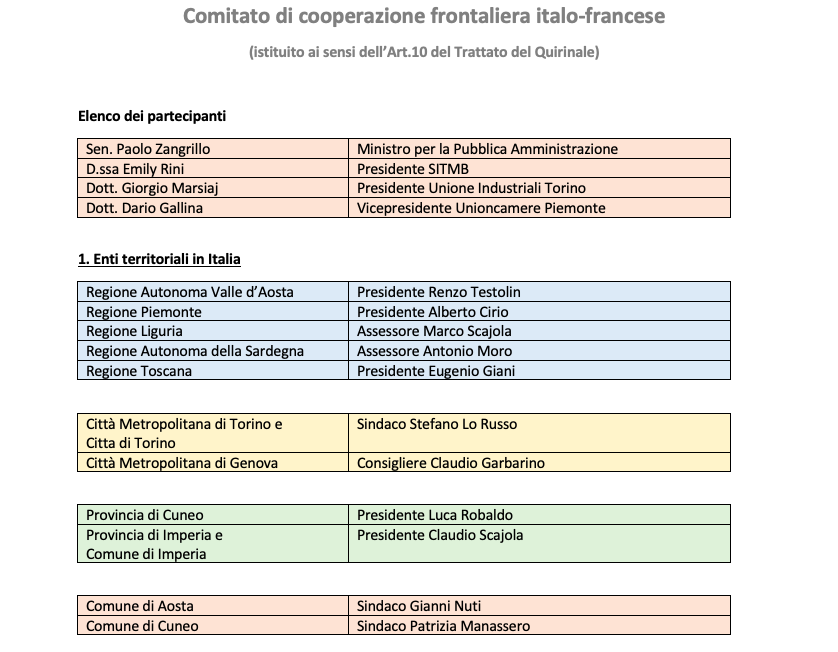
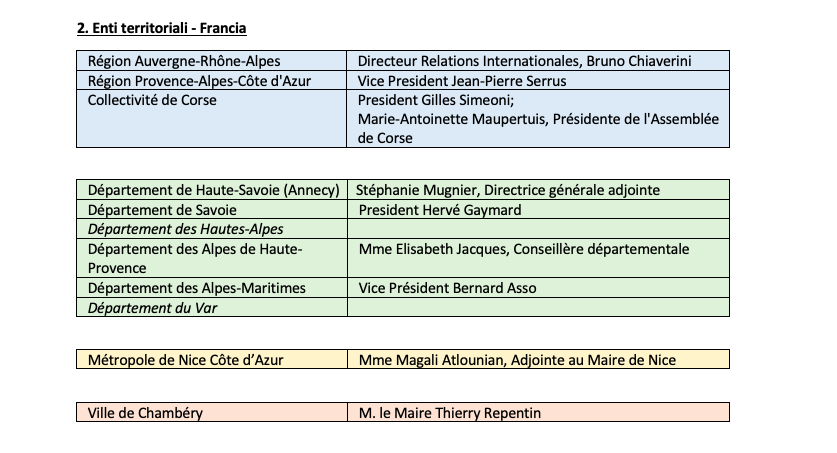
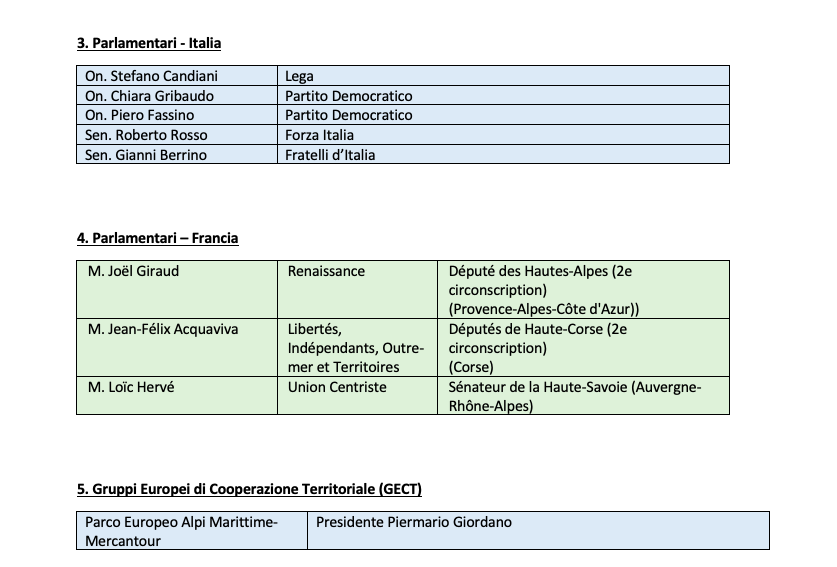
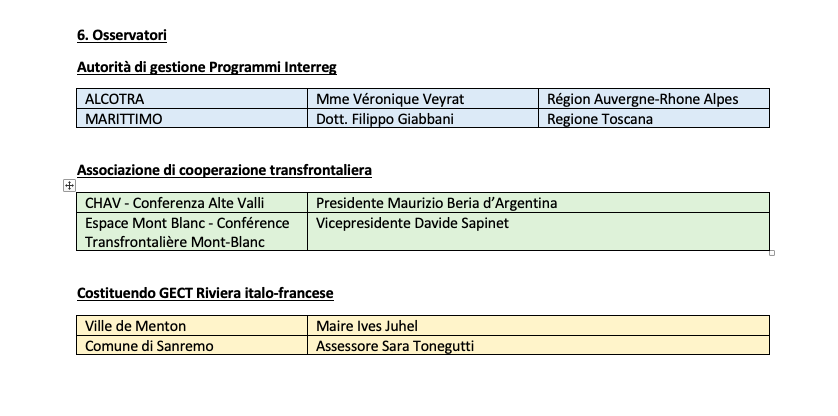
This is a machine translation from Italian language of a post published on Start Magazine at the URL https://www.startmag.it/mondo/a-che-punto-e-il-comitato-frontaliero-italo-francese-del-trattato-del-quirinale/ on Wed, 01 Nov 2023 10:09:09 +0000.
